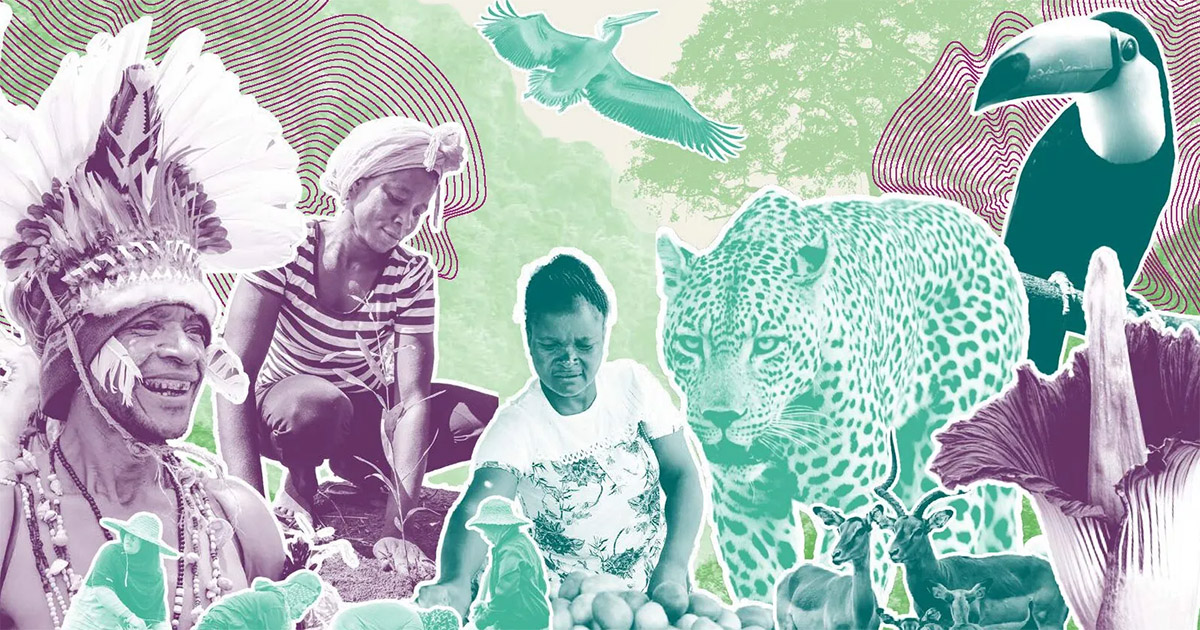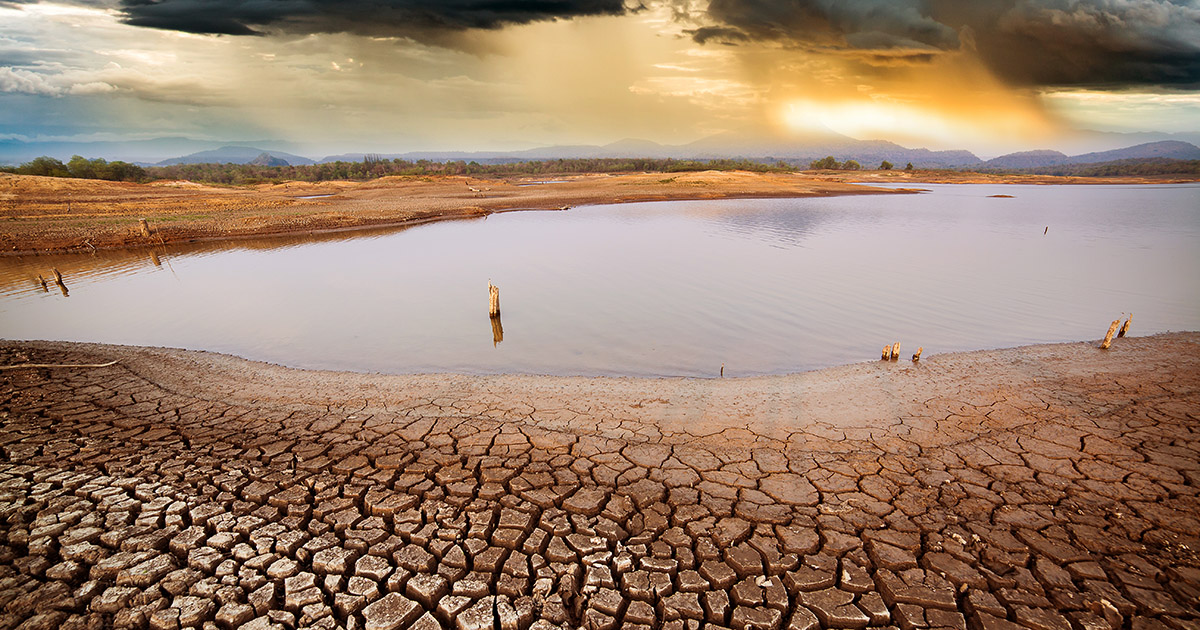The Democratic Republic of the Congo (DRC) is one of the first REDD+ target countries due its huge forest ecosystem potential. Since 2011, the country has been creating key pieces of legislation as well as implementing REDD+ readiness activities and making pilot investments to mitigate some of the key drivers of deforestation and forest degradation identified in the country. Despite this progress, the country’s poor governance climate creates a significant challenge in future progress towards implementing REDD+. Endemic poverty, weak state authority, and widespread corruption characterize the DRC’s current political environment. It is within this socioeconomic and political backdrop that the REDD+ mechanism is expected to be implemented in the DRC.
The main objective of this study is to assess national-level corruption risks and possible anticorruption strategies in REDD+ implementation in the DRC, using a combination of desk and field-based research. The findings from this research suggest that four types of corruption have arisen in relation to national-level REDD+ implementation: (1) kickback payments; (2) the politicization of government forestry positions; (3) financial mismanagement by international development cooperation agencies and non-governmental organizations; and (4) non-transparent hiring practices of international consultants. The key recommendation of this paper, based on these findings, is the establishment of an independent agency in the DRC to monitor REDD+ finances and projects. Such an agency could play a strong role in enhancing and enforcing the DRC’s legal and institutional framework, enhancing transparency through the publication of license and REDD+ information, providing ethics education, and helping to ensure merit-based employment in REDD+ institutions.
Response from the Ministry of Environment and Sustainable Development of the DRC
The Secretary General for Environment and Sustainable Development of the Democratic Republic of the Congo, Vincent Kasulu Seya Makonga, has responded to the findings of this study, which was commissioned and originally published by the U4 Anti-Corruption Resource Centre, Norway. The Secretary General’s letter to CIFOR’s Director General is published here, both in the original French and with an English translation by CIFOR. CIFOR welcomes constructive commentary on our research, and we thank the Secretary General and all at the Ministry for their comments.
Download:
Année de publication
2015
Auteurs
Langue
English
Mots clés
climate change, mitigation, corruption, risk
Géographique
Democratic Republic of the Congo



















